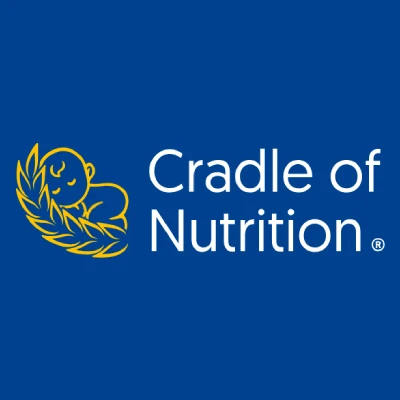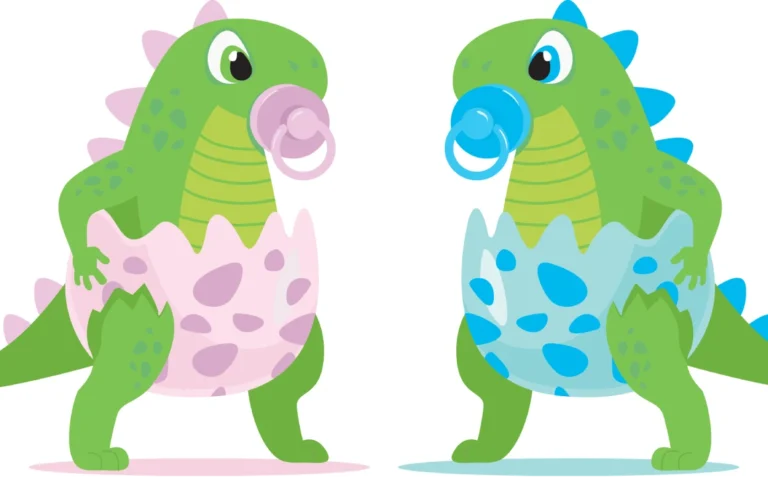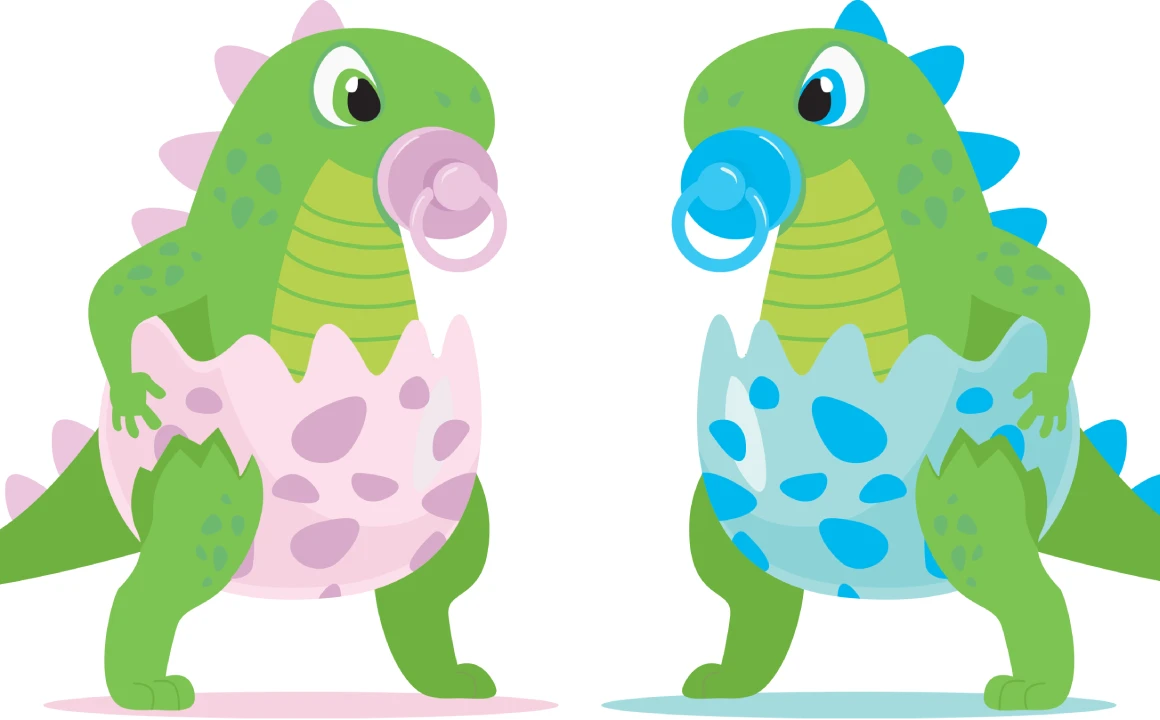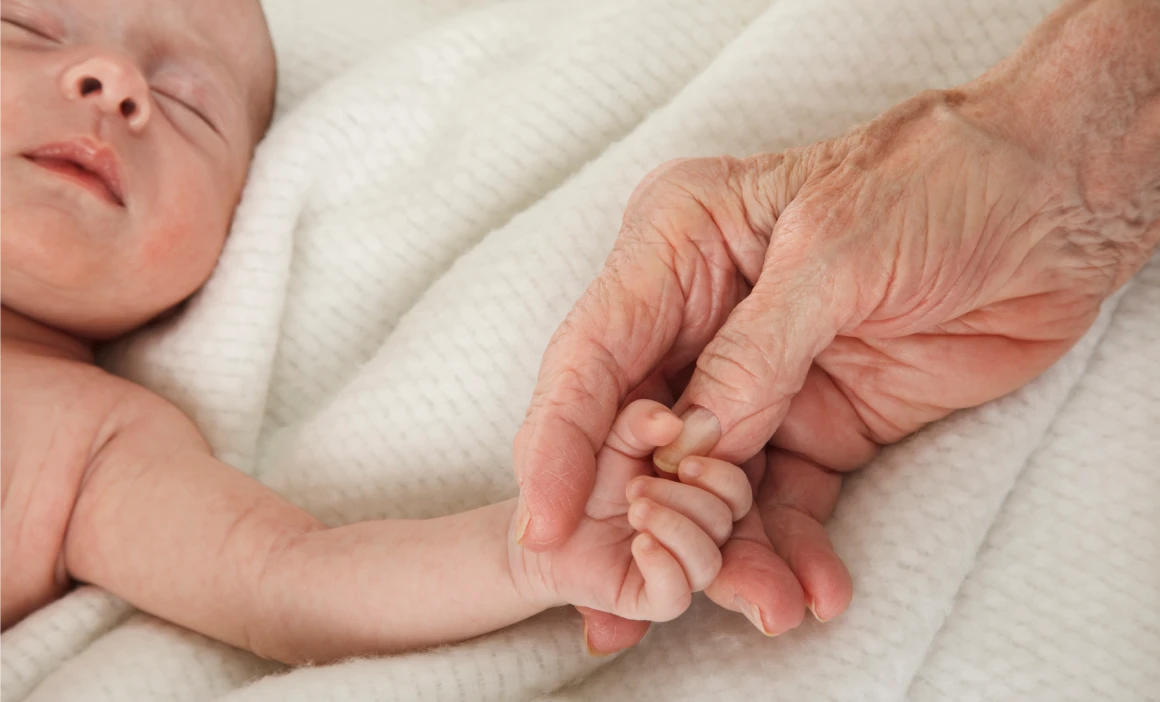
Breastfeeding, Depression, and Recovery: An In-Depth Guide for New Moms

Cradle of Nutrition
- 5 minutes read
Breastfeeding is a wonderful and intimate experience that strengthens the bond between mother and child. It also provides countless benefits, including enhanced immune systems for babies and emotional well-being for mothers. However, for some mothers, breastfeeding can be accompanied by postpartum depression (PPD), a mental health condition that can make this special time challenging.
In this article, we’ll explore the causes of breastfeeding depression, its symptoms, and practical tips to manage and recover from PPD. Understanding and addressing PPD early can make a significant difference in both maternal and child health.
What is Postpartum Depression (PPD)?
Postpartum depression (PPD) is a common mental health condition that affects many new mothers. It goes beyond the usual “baby blues” and can lead to persistent feelings of sadness, anxiety, and difficulty bonding with the baby. Breastfeeding difficulties can sometimes contribute to the onset of PPD, but with the right support and resources, it is manageable.
Common Causes of Postpartum Depression in Breastfeeding Mothers
PPD can be triggered by several factors, each of which may be more pronounced in breastfeeding mothers. Understanding these causes can help identify potential risks and prompt early intervention.
1. Hormonal Changes After Birth
After childbirth, hormone levels, including estrogen and progesterone, drop rapidly, which can significantly affect mood. During breastfeeding, the body releases prolactin (the hormone that aids milk production) and oxytocin (associated with bonding), which generally have positive effects. However, in some mothers, hormonal fluctuations can trigger mood swings and postpartum depression.
2. Sleep Deprivation and Physical Exhaustion
The demands of caring for a newborn can lead to sleep deprivation. Frequent nighttime feedings and constant caregiving can lead to fatigue, exacerbating feelings of anxiety and depression. Lack of sleep can also make it harder for mothers to cope with everyday challenges, increasing the likelihood of developing PPD.
3. Breastfeeding Challenges
Breastfeeding can be challenging, especially if the mother faces issues like mastitis, a low milk supply, or difficulty with the baby’s latch. These problems can contribute to feelings of frustration, guilt, and anxiety, which can worsen symptoms of postpartum depression.
4. Social Expectations and Pressure to Breastfeed
In many cultures, there is significant pressure for mothers to breastfeed, often idealized as the “perfect” choice for infant health. This social pressure can lead mothers to feel inadequate or guilty if breastfeeding isn’t going smoothly, contributing to depression.
5. Isolation and Loneliness
Many new mothers experience isolation after childbirth, especially when they are focused on caring for a newborn. If they lack sufficient social support, the feeling of being alone can worsen symptoms of postpartum depression, making it even harder to manage daily life.
6. Personal or Family History of Mental Health Issues
Women with a personal or family history of mental health conditions, such as anxiety or depression, are more likely to experience postpartum depression. These genetic or emotional predispositions can increase vulnerability during the postpartum period.
7. Nutritional Deficiencies and Physical Recovery
The physical demands of pregnancy, childbirth, and breastfeeding deplete the body of important nutrients like iron, omega-3 fatty acids, and B vitamins. Deficiencies in these essential nutrients can lead to fatigue and low mood, which can contribute to postpartum depression. Additionally, recovery from childbirth can take time, adding stress to an already challenging period.
8. Psychological Factors and Major Life Adjustments
The transition to motherhood is a significant life change, and many women may need time to adjust to their new responsibilities. This stress can trigger or exacerbate postpartum depression, especially if combined with feelings of uncertainty or overwhelm.
Symptoms of Postpartum Depression
Recognizing the symptoms of postpartum depression is key to seeking help early. While symptoms can vary, common signs of PPD include:
- Persistent feelings of sadness or hopelessness
- Difficulty bonding with the baby
- Extreme irritability or mood swings
- Guilt, shame, or a sense of inadequacy
- Loss of interest in activities once enjoyed
- Anxiety, excessive worry, or panic attacks
- Changes in sleep or appetite
- Thoughts of self-harm or harm to the baby (seek medical attention immediately)
If you or someone you know is experiencing these symptoms, it’s important to seek professional help as soon as possible.
Managing Postpartum Depression: Tips and Strategies
While postpartum depression can feel overwhelming, there are several steps you can take to ease symptoms and promote healing.
1. Seek Support from Loved Ones
Ask for Help: Don’t be afraid to ask for help from family or friends, whether for baby care, household chores, or just emotional support.
Open Communication: Sharing your feelings with someone you trust can reduce isolation and help you feel understood.
2. Prioritize Self-Care
Sleep When You Can: Rest is essential. Try to sleep when the baby sleeps and seek help during nighttime feedings.
Eat Nutritious Meals: Focus on eating balanced meals that support your energy levels and mood.
Stay Hydrated: Make sure to drink plenty of water, especially if breastfeeding.
3. Join Support Groups
Connect with Other Mothers: Joining a support group (online or in-person) allows you to connect with others experiencing similar struggles. Knowing you are not alone can be incredibly healing.
4. Engage in Physical Activity
Short Walks: Gentle physical activity, such as walking, can improve your mood by increasing endorphins.
Yoga and Relaxation: Practicing deep breathing or yoga can help reduce stress and anxiety.
5. Seek Professional Help
Therapy: Speaking to a therapist can provide the emotional tools needed to cope with PPD.
Medication: If necessary, your doctor may recommend medication, which are often safe to take while breastfeeding.
6. Set Realistic Expectations
Be Kind to Yourself: It’s important to acknowledge that motherhood is hard, and it’s okay to have difficult days.
Focus on Small Achievements: Even small victories, like a peaceful moment with your baby, are worth celebrating.
7. Practice Mindfulness and Positive Affirmations
Mindfulness: Focus on the present moment to manage anxious thoughts and find peace amidst the chaos.
Affirmations: Use positive self-talk to remind yourself that PPD is temporary and treatable.
Essential Nutrients for Mental Health During the Postpartum Period
Certain nutrients can support mental health and help alleviate symptoms of postpartum depression. Here are some essential vitamins and minerals:
- Omega-3 Fatty Acids (DHA): Critical for brain health and mood regulation.
- Vitamin D: Linked to mood improvement and can help reduce symptoms of depression.
- B Vitamins: B6, B12, and folate are important for energy production and neurotransmitter health.
- Magnesium: Helps regulate the nervous system and improve sleep quality.
- Iron: Low iron levels can lead to fatigue and contribute to feelings of depression.
- Zinc: Supports brain health and immune function, reducing depressive symptoms.
- Calcium: Helps regulate mood and may reduce mood swings associated with postpartum depression.
Always consult a healthcare provider before starting any new supplement, especially while breastfeeding.
How Knowledge Empowers Mothers
Understanding postpartum depression helps empower mothers to seek the necessary treatment, feel less isolated, and improve their mental health. Knowledge is a powerful tool for reducing stigma and encouraging healthy habits that promote recovery.
Postpartum depression is a serious but treatable condition. By recognizing its symptoms early, seeking support, and focusing on self-care, mothers can recover and thrive in their new role. If you or someone you know is struggling with postpartum depression, don’t hesitate to reach out to a healthcare professional for support. Remember, recovery is possible, and you’re not alone.
References
- National Institute of Mental Health (NIMH): Perinatal Depression
- Swedish Medical Journal (Läkartidningen): It is important to counter the effects of postpartum depression






